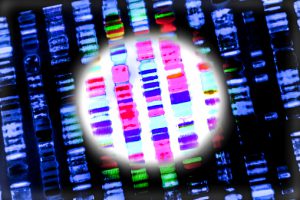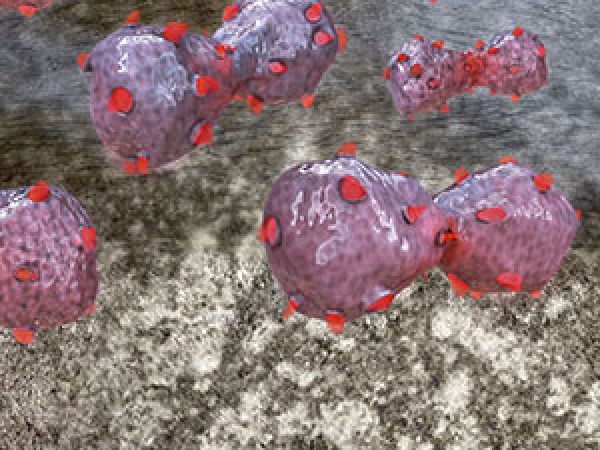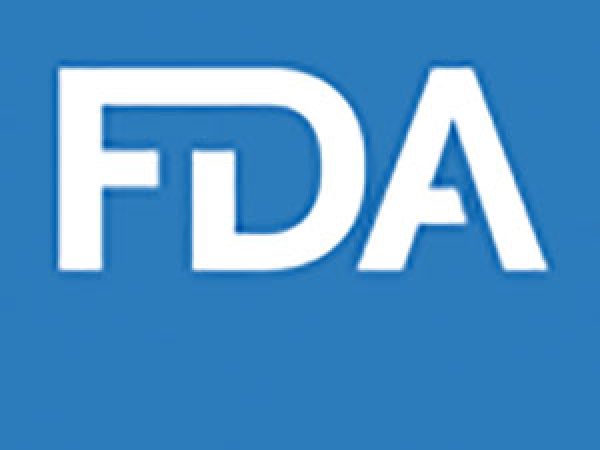Vemurafenib Becomes First FDA-approved Treatment for a Rare Type of Blood Cancer
Recently, the U.S. Food and Drug Administration (FDA) approved the molecularly targeted therapeutic vemurafenib (Zelboraf) for treating certain adults who have a rare type of blood cancer called Erdheim-Chester disease. Vemurafenib targets mutant forms of the protein BRAF, and it has been approved for treating those patients whose Erdheim-Chester disease harbors a BRAF V600 mutation.

The approval of vemurafenib for patients with Erdheim-Chester disease harboring a BRAF V600 mutation is an example of precision medicine. Image by Getty.
With this decision, vemurafenib becomes the first treatment ever approved by the FDA for treating Erdheim-Chester disease.
Erdheim-Chester disease is a slow-growing blood cancer that arises through overproduction of a type of immune cell called a histiocyte. Histiocytes are normally generated in the bone marrow and then travel to tissues around the body, where they take up residence and protect the body from infection. In patients with Erdheim-Chester disease, the large numbers of these cells accumulate in organs and tissues throughout the body, causing damaging inflammation that can be life-threatening.
Erdheim-Chester disease is so rare that it is not known exactly how many people have the disease, although it is estimated to be more than 500 individuals worldwide. A specific mutation in the BRAF gene, called the BRAF V600E mutation, is found in the cancer cells of more than half of the patients diagnosed with Erdheim-Chester disease, making it a rational therapeutic target.
Vemurafenib targets BRAF V600E and was approved by the FDA in August 2011 for treating patients with melanoma positive for the BRAF V600E mutation after it was shown to improve survival for patients compared to dacarbazine, which was the standard treatment at the time.
Given its success as a treatment for BRAF V600E mutation–positive melanoma, researchers launched a type of clinical trial called a basket trial, in which they evaluated vemurafenib as a treatment for patients with any type of cancer harboring a BRAF V600 mutation, except for patients with melanoma. Early results from the phase II clinical trial, dubbed the VE-BASKET study, including data showing that six of 14 patients with BRAF V600 mutation–positive Erdheim-Chester disease or Langerhans’-cell histiocytosis responded to vemurafenib treatment were published in The New England Journal of Medicine in August 2015.
According to the FDA statement, the approval is based on updated data from 22 patients with BRAF V600 mutation–positive Erdheim-Chester disease enrolled in the VE-BASKET study. Among these patients, 11 had partial tumor shrinkage and one had complete tumor shrinkage, for an overall response rate of 54.5 percent.
As emphasized in the FDA statement by Richard Pazdur, MD, director of the FDA’s Oncology Center of Excellence and acting director of the Office of Hematology and Oncology Products in the FDA’s Center for Drug Evaluation and Research, this approval demonstrates how we can apply knowledge of the underlying genetic characteristics of certain malignancies to other cancers. With initiatives like AACR Project GENIE providing the research community with vast cancer genomic data sets to analyze, designing basket trials and identifying the target enrollment population are likely to become easier in the future.



